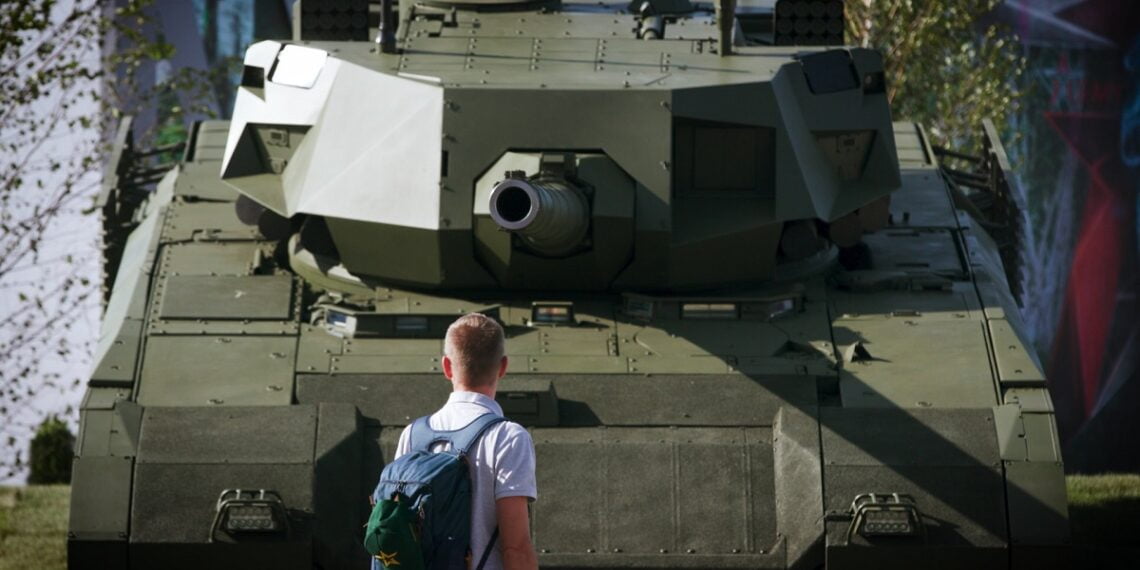The consequence of Israel’s advancements in AI weapons technology and their impact on conflict has been alarming.
Israel has embarked on a strategy to integrate AI weapons and technology across all branches of its military, marking a significant transformation in its approach to warfare. The Israeli defense ministry recently declared its intention to become an AI “superpower” in autonomous warfare. Military experts envision AI applications that enable platforms to strike in swarms, independent operation of combat systems, and assistance in fast decision-making.
Israel’s defense industry is producing a wide range of autonomous military vehicles and vessels, including armed robotic vehicles with automatic target recognition capabilities and covert intelligence gathering submarines like the BlueWhale. While these advancements offer potential advantages on the battlefield, they also pose a threat to Palestinians who become the testing ground for these technologies. Israel views them as a “proof of concept” for potential buyers worldwide, particularly countries engaged in conflicts. However, the utilization of such weapons is likely to result in increased suffering and bloodshed for all parties involved, as they possess greater killing capacity and lethality.
Furthermore, Israel’s development of AI technologies raises concerns about the pervasiveness and intrusiveness of AI in warfare. While the Israeli army’s chief AI expert claims that human control will always be present in the loop, the trajectory of technology suggests a future with autonomous robots capable of making independent decisions. The consequences of such developments are unsettling, as mistakes and errors are inherent in human decision-making and programming, with potentially catastrophic outcomes in armed conflict.
Dangers of AI
The Palestinian territories are heavily surveilled, with CCTV cameras, Israeli guard towers, and drones omnipresent. Facial recognition apps and databases capture images of Palestinians, enabling extensive monitoring and control. This pervasive surveillance instills fear and a sense of hopelessness among Palestinians. The web of control maintained by Israel creates an environment where Palestinians live under constant threat and anxiety.
Many experts and human rights advocates have warned about the dangers of AI in both public and military domains, including the use of AI-powered military robots. Israel’s prominence in developing such technologies places it at the forefront of these advancements. However, the damage inflicted by these technologies fuels a cycle of violence and creates more victims, initially Palestinians, but potentially extending to any regime or state acquiring these lethal weapons.
The risks associated with autonomous weaponry are evident, as misidentifications and mistakes have resulted in tragic civilian casualties. The track record of the Israeli army, with its “mistakes” leading to the deaths of Palestinian civilians, raises concerns about the potential performance of AI-operated weaponry and robots. The unchecked pursuit of autonomous warfare and Israel’s role in developing unregulated lethal weapons warrant serious alarm and call for greater scrutiny and regulation in the military realm.








